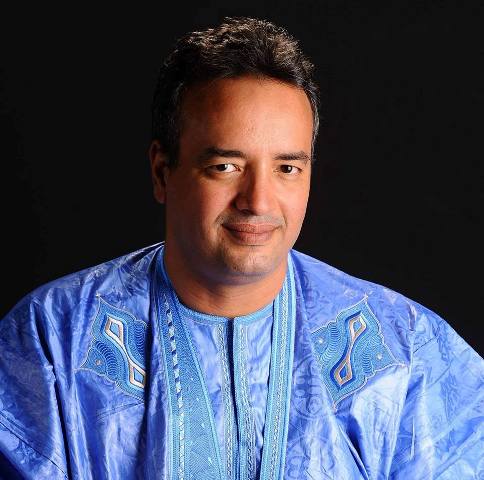Mauritania votes after low-key campaign on economy and stability

- Country:
- Mauritania
Mauritanians voted Saturday to elect a new president after a campaign dominated by the West African country's economy and appeals to preserve its hard-won stability. The ballot is the first in the nation's coup-strewn history that looks set to see an elected president complete his mandate and transfers power to an elected successor, although the opposition has raised concerns of bias fraud.
Some 1.5 million people are entitled to vote. Polling stations opened at 0700 GMT and will close at 1900 GMT, with preliminary results expected at the start of next week. President Mohamed Ould Abdel Aziz, a general who is standing down after winning high marks from many Mauritanians for stabilising the country, cast his vote early in the morning in Nouakchott.
"The country must choose the president it needs to take it on the right path, that of security and stability," said Abdel Aziz, who has previously warned that the opposition would reverse progress in the nation. At the nearby Olympic stadium, where frontrunner Mohamed Ould Ghazouani, a 62-year-old former general, was scheduled to cast his ballot at midday, queues had already formed when polling opened.
Men and women line up separately in this Islamic nation. They will select just one name from the list of six candidates, each assigned a number and a symbol, including an ear of wheat, a lion, a key and a teapot. One voter, Elalem Abdelbaqi, said: "The programme of the person I'm going to vote for promises everything that I'm looking for." Abdel Aziz came to power in a 2008 coup and was subsequently elected in 2009 and again in 2014 in a vote boycotted by the main opposition parties.
He has reformed the army, clamped down on jihadists and pushed to develop remote regions of the vast Saharan state. But some voters suggested they wanted more dramatic development.
"We want radical change, which is to say: equality, education and social justice," said Abdellahi Ould Vettah, who called for "peaceful change". Frontrunner Ghazouani, a one-time head of the domestic security service, is backed by Abdel Aziz, who he served as chief of staff from 2008 to last year.
Ghazouani campaigned on the themes of continuity, solidarity and security. His main challenger is Sidi Mohamed Ould Boubacar, 62, who was prime minister between 1992 and 1996 and at the helm of a transitional government between 2005-7.
He hopes to win enough support to secure a runoff vote on July 6. Boubacar is backed by a coalition led by the main opposition movement, Islamist party Tewassoul.
Nearly 30 per cent said they would vote for Ghazaouani and 23 per cent for Boubacar in a poll of 1,300 people conducted in the capital Nouakchott by the Mauritanian Centre for Strategic Studies and Research (CMERS) last week. The four other candidates are outliers in the race, according to the poll.
Known especially abroad for his media campaigning, anti-slavery activist Biram Ould Dah Ould Abeid, 55, was credited with 9.5 per cent of voting intentions, followed by veteran opposition figure Mohamed Ould Moloud, 66, with 3.7 per cent. Journalist Baba Hamidou Kane and political newcomer Mohamed Lemine El-Mourteji El-Wavi, each garnered under three per cent.
Candidates have been trekking around the country -- twice the size of France -- with a population of just 4.5 million, to woo voters. They have also courted the heads of tribes and clans in remote regions.
The opposition has warned of vote fraud and accused the Independent National Electoral Commission (CENI) of bias. The authorities rejected an opposition request for foreign observers.
Rights groups urged candidates to throw their weight behind a rollback of slavery, which persists in Mauritania and curbing violence against women. All the candidates promised improvements in the standard of living, though economic growth at 3.6 per cent in 2018 is insufficient to meet the needs of a fast-growing population, according to the World Bank.
It has called on Mauritania to give more help to the private sector, where, it says, access to credit and corruption are major problems.
(This story has not been edited by Devdiscourse staff and is auto-generated from a syndicated feed.)
ALSO READ
New RS Export Mobile App to Empower Industrial Customers Across Sub-Saharan Africa
Shrinking US Population Projections Highlight Future Challenges
China's Shrinking Population: A Growing Concern
China Faces Population Decline Amidst Demographic Challenges
Global Demographic Dilemma: Navigating Population Decline










